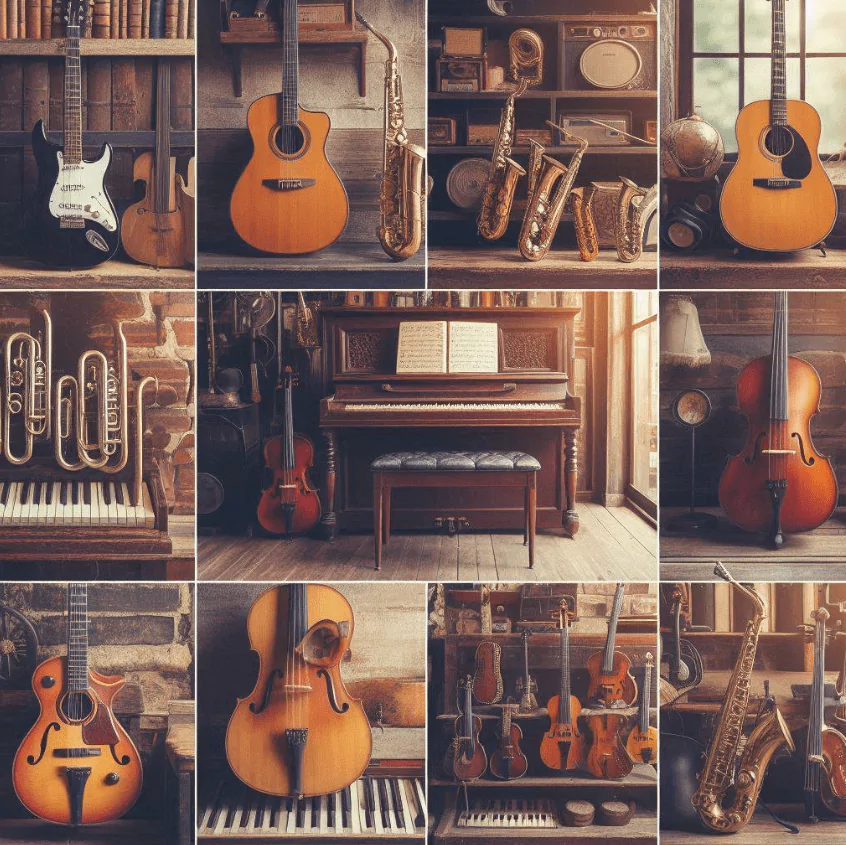The Global Recession – Documenting the Decline in Musical Instrument Sales

When you think about the effects of the global recession, we immediately think big picture issues such as defaulting on mortgages, bank failures, and families in crisis. Yes, these are the largest issues the World has faced since the economy collapsed in 2007, but the byproduct of this global lack of cash flow has been a drastic reduction in retail spending. Luxury and convenience items are no longer an option for some people, and large companies have been seeing a decline in sales of high-ticket items over the past two years. In response to this NAMM, the National Association of Music Merchants has compiled their Global Report to document the World decline in musical instrument sales.
The Global Report analyzes musical product sales around the world, including Australia, Austria, Brazil, Canada, China, Germany, Italy, Japan, Norway, Spain, Switzerland, and the U.K. The report breaks down music product sales into categories in order to better analyze the recent sales trends and to document the specific declines as we saw them in 2007 and 2008.
Overall, it was found that although sales were strong in 2007 until the 4th quarter when stocks sharply dropped and the retail sector saw a drastic reduction in spending. Every retail sector was affected, but nowhere as sharply as non-essential items. Although each sector was affected in music product sales, some declined more seriously than others.
The key to the reduction in sales was seen both in price point as well as the necessity of the item.Items such as pianos and home or Church organs saw a drastic decline, as those items had a high price point and consumer spending was at an all time low. One sector that did grow when others declined was accessory sales, as shoppers maintained purchasing items to keep up their current instruments rather than purchasing new.
Drum kit sales were at a high prior to the recession, as parents opted to purchase entire drum kits due to a good price point of $500 or under. In 2008 there was a decline in drum kit purchases, which may be due in part to both the recession and the hot resell market on eBay and Craigslist. Re-sell is a practice often put into place during a recession, with users selling off items that they no longer need to generate extra cash. If a person cannot afford lessons for the instrument, they may simply sell it to generate extra cash.
Most drum accessories saw a decline, as the sales of items such as Cymbals decreased by 6% in the US. Cymbals hold a 14% market share of all drum accessory sales in the US, and have been trending upwards since 1999 with an almost consistent rise in retail value. Perhaps one of the reasons for a decline in Cymbal sales could be attributed to the fact that it is seen as a luxury item with regards to drumming. Items such as sticks and mallets actually saw a slight 1% increase, as it’s evident that these products are considered necessary to drummers. The decline in Cymbal sales was seen in places around the world, as Australia also reported a reduction on retail Cymbal sales.
The impact of the global recession has obvious consequences in all areas of the retail sector, and as the NAMM global report illustrates, musical products have not been excluded from the economic breakdown. As the economic world slowly recovers, we can expect a better outlook for sales of musical instruments in the future.





